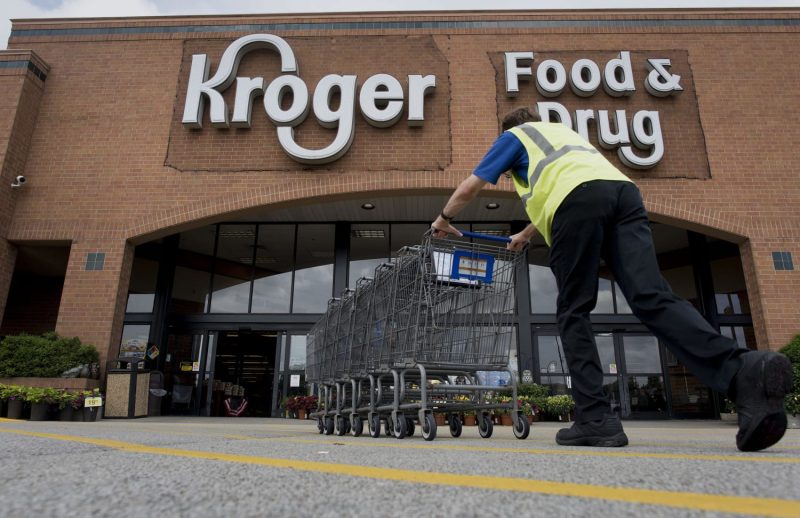As the Federal Trade Commission (FTC) sets its sights on blocking the potential merger between Kroger and Albertsons, there are significant stakes at play in the grocery retail industry. The proposed consolidation of these two major players could have broad implications for competition, consumer choice, and market dynamics, sparking fierce debates among industry experts and stakeholders alike.
At the heart of the FTC’s concerns lies the potential impact of the merger on market competition. Kroger and Albertsons are both retail giants with a substantial presence across the country, operating a vast network of stores that cater to millions of consumers. If the merger were to proceed, the combined entity would wield significant market power, potentially leading to reduced competition in the grocery space. This, in turn, could result in higher prices for consumers and limited options for shoppers, ultimately undermining the principles of a free and open market.
Moreover, the proposed merger could also have far-reaching consequences for suppliers and small businesses in the grocery supply chain. A consolidated Kroger-Albertsons entity would have the leverage to negotiate better terms with suppliers, potentially squeezing out smaller players and reducing diversity in product offerings. This could have a cascading effect on the entire food industry, from farmers and producers to distributors and retailers, leading to a more concentrated market structure that favors big incumbents at the expense of smaller competitors.
Beyond the economic ramifications, the FTC’s move to block the Kroger-Albertsons merger also raises questions about the role of regulatory bodies in shaping the competitive landscape. By intervening to prevent the consolidation of two major players, the FTC is signaling its commitment to upholding competition and safeguarding consumer interests. This action underscores the importance of antitrust regulations in preserving a level playing field and preventing monopolistic practices that could harm market dynamics.
In response to the FTC’s challenge, Kroger and Albertsons have vowed to contest the decision and make the case for why the merger is in the best interest of consumers and stakeholders. They argue that the combined entity would be better positioned to compete with industry giants like Walmart and Amazon, leveraging economies of scale and operational efficiencies to deliver value to customers. However, the FTC remains steadfast in its commitment to enforcing antitrust laws and maintaining a competitive marketplace that benefits all players.
As the legal battle over the Kroger-Albertsons merger unfolds, the outcome of this high-profile case will have implications that reverberate throughout the grocery retail industry. Whether the merger proceeds or is ultimately blocked, the stakes are undeniably high for consumers, competitors, and regulators alike. This case serves as a potent reminder of the complex interplay between market forces, regulatory oversight, and consumer welfare in shaping the future of the retail landscape.




























